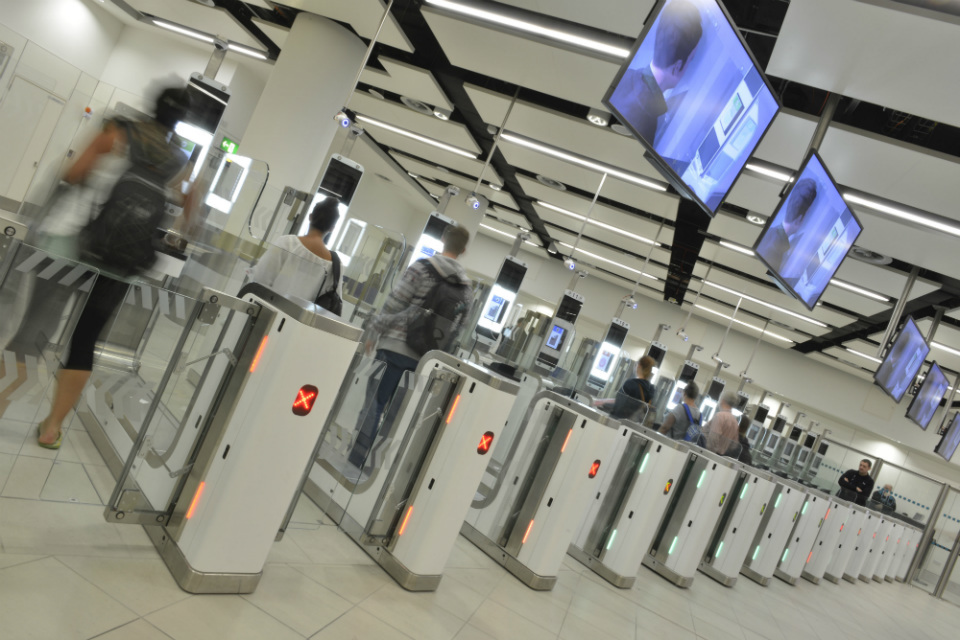The National Audit Office has published a report calling on government to take a more holistic approach to evaluating success of large programmes, including better ongoing evaluation and stakeholder engagement
A holistic and long-term approach is needed to realise the full potential of the government’s major projects, the National Audit Office has said.
In a new lessons-learned report, the watchdog has outlined the steps officials should take to ensure major projects provide value. These range from proper evaluation and investing the time and resources needed to deliver value to having a “clear vision, objectives and leadership culture focused on the intended value of the project”.
The Government Major Projects Portfolio currently stands at 244 projects, with an estimated total whole-life cost of £805bn – and featuring a wide range of large-scale technology installations and other transformation initiatives, as well as large-scale defence and construction projects.
Previous NAO reports have warned that “government does not routinely look at what happens after major projects are completed” and that there is a lack of focus on “ensuring that projects achieve the intended purpose and long-term value”.
The new report, Lessons learned: Delivering value from government investment in major projects, examines six high profile case studies including High Speed 1, the Millennium Dome, the London 2012 Olympics, and the BBC’s move to Salford.
Related content
- Government to crunch the numbers on 6,000 major projects as part of work to ‘ensure realistic cost projections’ in future
- GOV.UK One Login to cost £305m – and deliver £1.75bn benefits, report finds
- Leaders of major digital projects to be brought into anti-corruption regime
“Starting with a clear vision and objectives is fundamental to success,” according to the report. It recommends establishing leadership and an organisational culture “focused on the delivery of value, supported by clear accountability and responsibilities”.
Other lessons for major project teams include consulting stakeholders early on, as well as “bringing in operators early to develop a project” and regularly reviewing “outcomes and benefits in the context of a changing environment”.
The importance of monitoring and evaluating value is also stressed, as it “allows your organisation to make informed decisions to deliver or safeguard value and to inform future projects”.
It can take a long time and additional investment to realise value “beyond the point at which the core project is completed,” the report adds.
Government organisations that contributed to the NAO report include the Cabinet Office’s Evaluation Task Force; the Department for Culture, Media and Sport; the Department for Transport; the Infrastructure and Projects Authority; National Highways; and UK Research and Innovation.
Additionally, the report’s recommendations were developed with the help of panellists from government departments such as the Ministry of Justice, Department for Environment, Food & Rural Affairs, and Department of Health & Social Care, as well as academia and the private sector.
A Cabinet Office spokesperson said: “We are focused on speeding up the delivery of UK infrastructure while driving efficiency as we grow the economy. We welcome this report as it supports our continued emphasis on longer-term thinking, particularly in the areas of value and benefits.”





